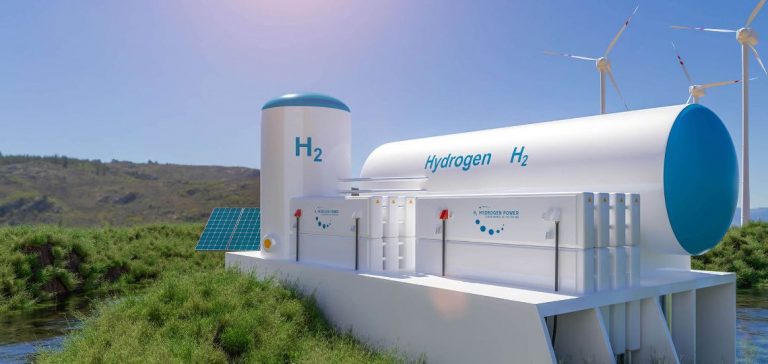Spain’s Benbros Energy has decided to withdraw from the grant agreement process as part of the first round of the European Union’s (EU) Hydrogen Bank auction, according to a document from the European Commission (EC) detailing the winners who signed the agreements. This decision comes as six other companies have already finalized their grant agreements, supporting a total capacity of 1.4 gigawatts (GW) of electrolyzers to produce up to 1.5 million metric tons of green hydrogen over a ten-year period.
Benbros Energy, a Spanish solar company, had won subsidy support in the first auction at a rate of 38 euro cents per kilogram of hydrogen produced. However, the company did not sign the grant agreement that would have committed funding for the project. When requested for comment, Benbros Energy did not respond.
The EU Hydrogen Bank, funded by the EU Innovation Fund, aims to bridge the gap between the cost of producing green hydrogen and the price an offtaker is willing to pay for this cleaner fuel. The EU Hydrogen Bank subsidies will be disbursed over ten years when projects begin producing certified green hydrogen, and developers now have five years to start production.
Other Auction Winners
The six other companies selected in this first round include a Finnish project set to receive a subsidy of 37 euro cents per kilogram, two projects in Portugal with subsidies of 39 and 48 euro cents per kilogram respectively, two Spanish projects at 48 euro cents per kilogram each, and one project in Norway also at 48 euro cents per kilogram. These projects submitted bids below the maximum allowed cap of 4.50 euro cents per kilogram.
The European Commission stated on October 7 that 694 million euros of the total 800 million euro auction budget are now committed to these six projects. Consequently, Benbros Energy forfeited approximately 100 million euros, which is insufficient to fund the project at the top of the auction’s reserve list and will be allocated to the next contest, EC Policy Officer Johanna Schiele said on LinkedIn on October 8.
Cost Assessment of Production
Platts, a division of S&P Global Commodity Insights, assessed the cost of green hydrogen production via alkaline electrolysis in Spain, supported by renewable power purchase agreements, at 6.48 euros per kilogram (7.11 dollars per kilogram) on October 8. This assessment reflects one possible pathway for producing EU Renewable Energy Directive-compliant green hydrogen.
Outlook for Future Rounds
The European Commission announced that lessons learned from this first auction round will be implemented in subsequent contests. One of the new rules for the EC’s second tender of 1.2 billion euros scheduled for December will be a restriction on the use of Chinese-made electrolyzer stack equipment. This measure aims to strengthen the local supply chain and ensure the compliance of the technologies used.
Participation and Competition
A total of 132 bids were received from 17 countries in the first auction, representing a total electrolyzer capacity of 8.5 GW, the European Commission stated at the time. This high level of participation demonstrates the growing interest in green hydrogen as a key energy vector in the transition to more sustainable and environmentally friendly energy sources.
Benbros Energy will now need to reevaluate its strategy and priorities in the context of the EU’s energy objectives. The company’s withdrawal highlights the financial and logistical challenges that businesses face in developing large-scale green hydrogen technologies. As the other winners move forward with their projects, the green hydrogen sector continues to position itself as a central element of European energy policy.






















